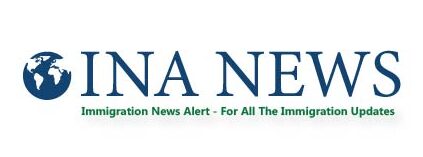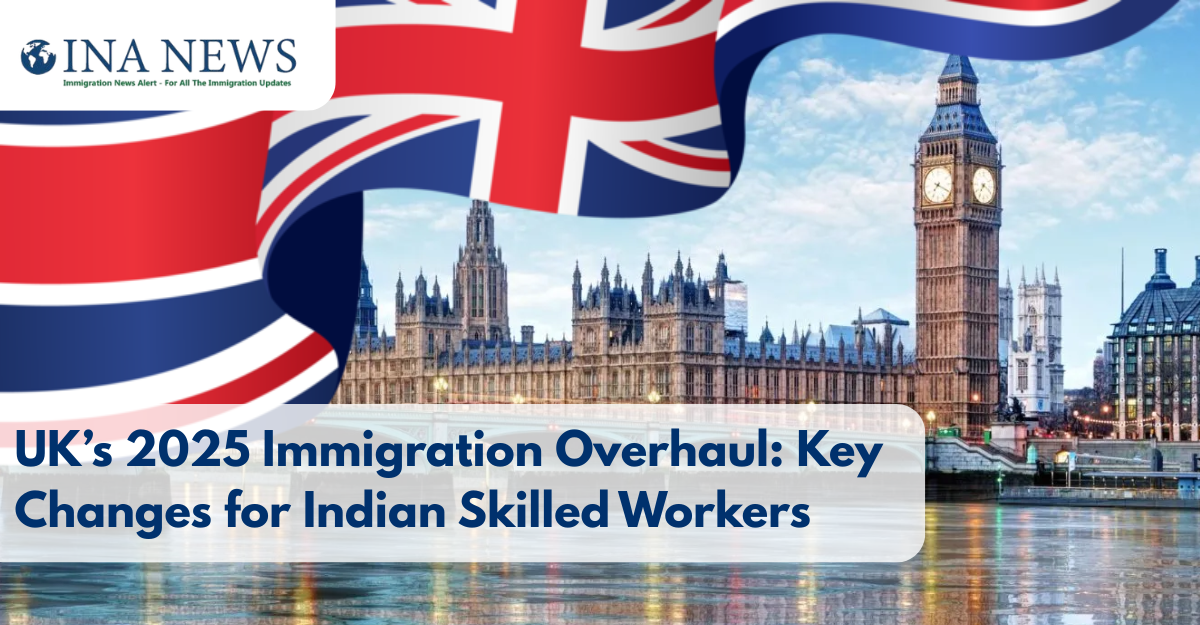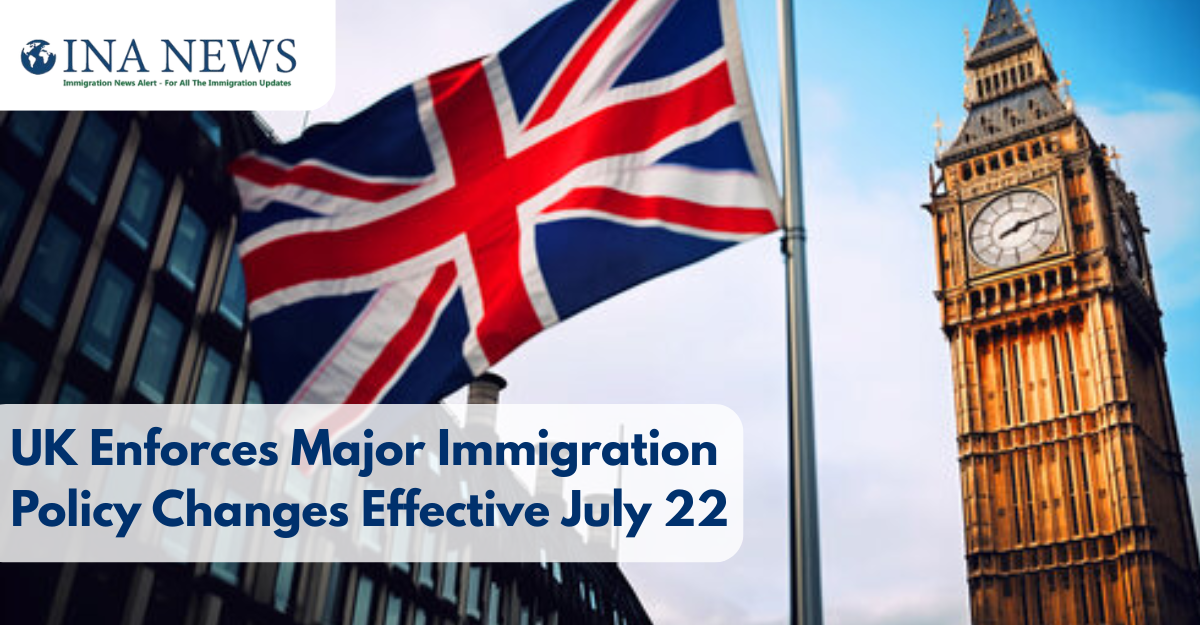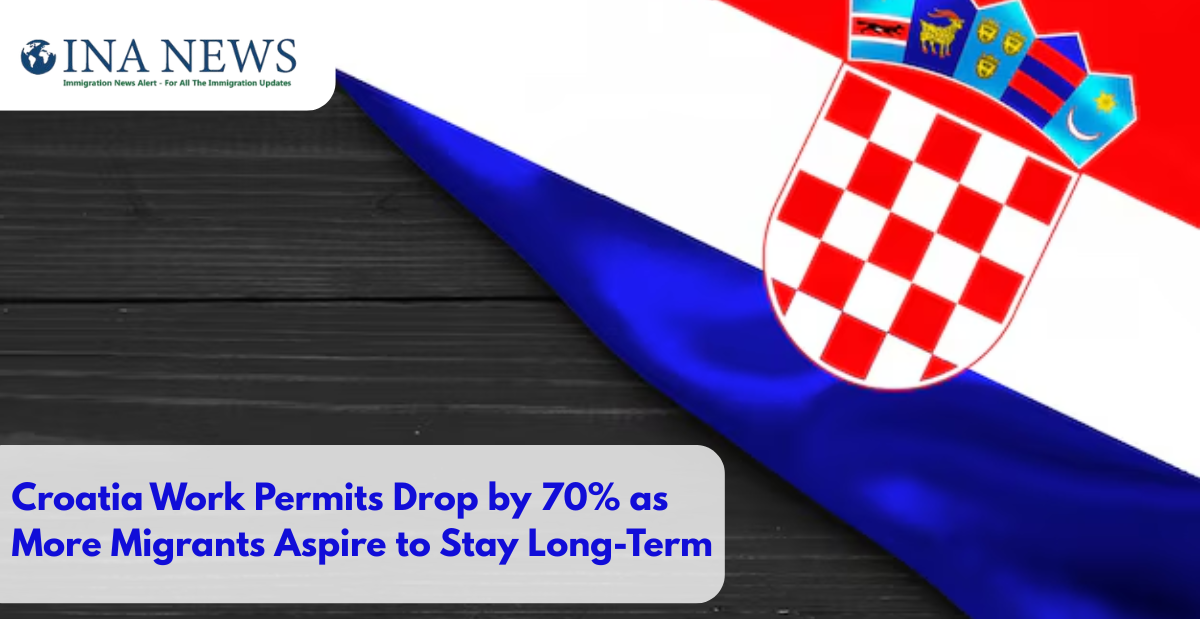The UK immigration reset begins on July 22, 2025, marking a pivotal shift in how skilled professionals, especially from countries like India, will be evaluated for entry. With new rules affecting the Skilled Worker visa, care worker visa, and broader eligibility pathways, the UK is aiming for a more streamlined, needs-based approach to labour migration.
Under the new framework, salary thresholds, sponsorship requirements, and sector-based eligibility criteria are being revised to prioritize workers who meet updated occupational standards. For Indian applicants, the move requires closer alignment with UK employer expectations, particularly in fields such as health and social care, engineering, and digital technology.
New Rules Take Effect from July 22, 2025
From this date, the UK government is rolling out the first phase of reforms introduced in its May White Paper:
- The skill threshold for Skilled Worker visas rises to RQF Level 6 (graduate education), excluding over 100 previously eligible occupations from sponsorship.
- The social care visa route is closed entirely to new overseas applicants, as part of efforts to end the exploitation of migrant care workers.
- A temporary shortage list will offer strict, time-limited access to lower-skilled roles deemed critical, but only under rigid conditions (no dependents, no fee discounts).
- The minimum salary threshold increases—the general requirement rises from £38,700 to £41,700 per year; PhD-level roles and other categories also see adjusted pay rates.
These changes were approved in Parliament on July 1—marking the beginning of what the government calls a “complete reset” of the immigration system.
Impacted Sectors and New Eligibility Rules
- Over 100 occupations in hospitality, retail, junior IT, and admin roles are now ineligible for sponsorship unless they fall under the new temporary shortage criteria.
- Health and Care Visa holders who receive national pay levels (above £25,000) are exempt from salary changes, but new applicants face stricter rules.
- Applicants already sponsored under the old rules may qualify under transitional provisions if the Certificate of Sponsorship (CoS) was issued by July 21, 2025.
Broader Strategy: Skills, Control, and Domestic Training
- This shift is part of the UK government’s plan to reduce net migration from a peak near 728,000 in 2024 and emphasize domestic skill development. Officials say the current immigration system excessively relies on lower-skilled overseas labour.
- England now mandates that employers must prove a domestic recruitment or training strategy for roles before they can sponsor overseas workers. Otherwise, sponsorship access is revoked.
Implications for Indian Professionals
For Indian professionals, the new regime presents both challenges and new opportunities:
- Only graduate-level roles and above will be eligible unless included in the restricted shortage list.
- Employers in sectors like technology, engineering, and healthcare must now sponsor positions with higher salary thresholds and meet stricter job eligibility.
- Those applying for roles still allowed under the shortage list will face limits, such as no dependents and temporary visa durations only until the end of 2026.
Immigration opportunities for Indian professionals now require roles with degree-level qualifications and strategic positioning within key sectors. Entry is still possible but only through highly specific, tightly regulated channels.
Guidance For Employers and Applicants
Employers and recruitment consultants are already reviewing workforce plans and sponsorship strategies. Key preparatory steps include:
- Issuing Certificates of Sponsorship before July 22 to benefit from transitional protections.
- Auditing roles to ensure they meet the new RQF 6 threshold.
- Preparing for significant changes in salary requirements and sponsorship criteria.
Failure to adapt could result in a sudden loss of sponsorship eligibility or legal non-compliance.
Legal Timeline and Future Changes
- These reforms are outlined under HC 997 and enacted in Parliament from July 1, but take formal effect on July 22. Additional changes—such as higher English language tests and a longer pathway to settlement—are expected before year‑end.
- Some measures may require primary legislation and could be delayed into 2026. However, core rules on skills, salary, and care worker visas are already confirmed.
- For immigration opportunities for Indian professionals, this means only degree-level roles and strategic sponsorship routes remain viable. Navigating the new UK immigration landscape will demand clarity, planning, and alignment with evolving policy priorities.






